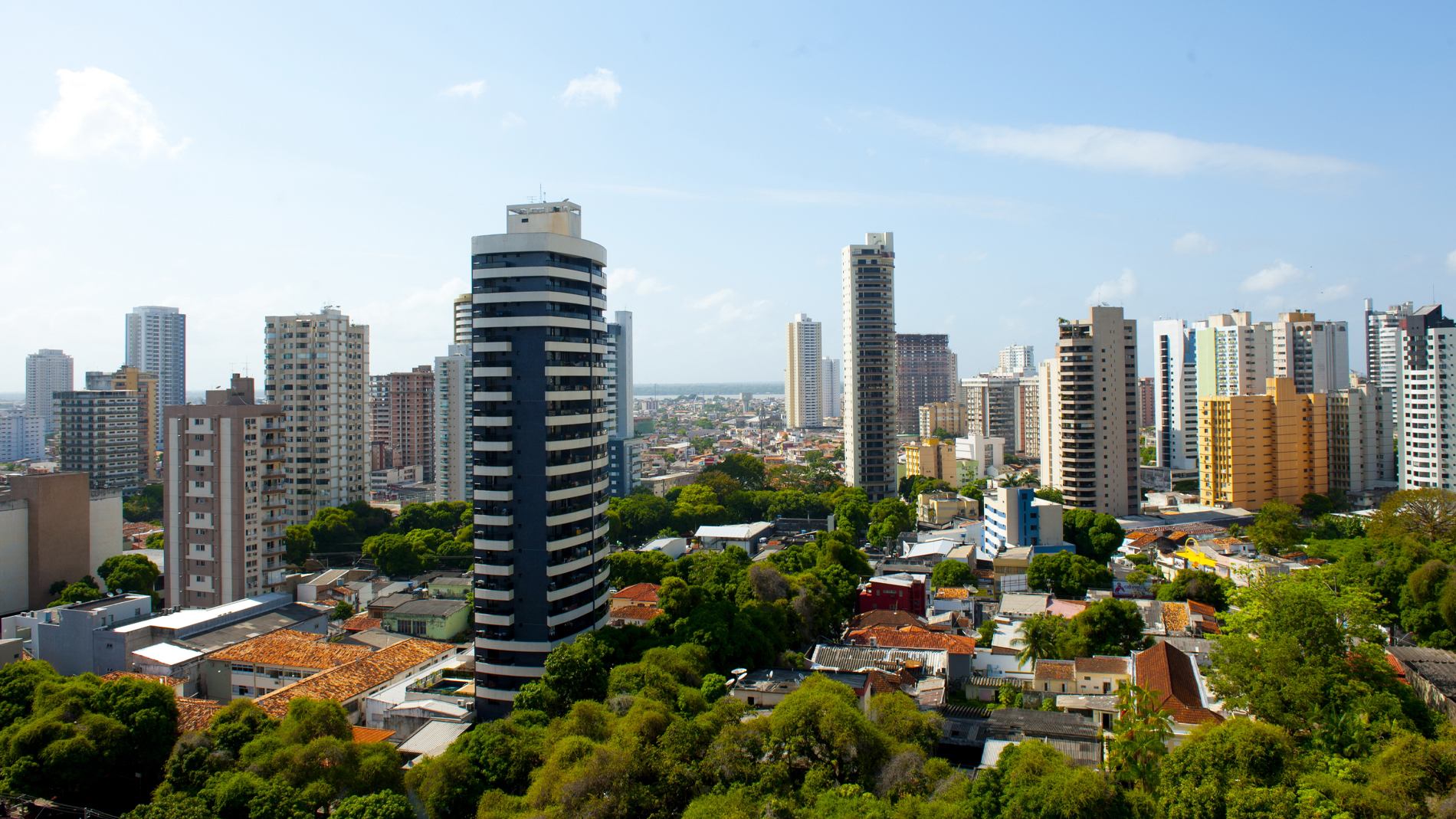UN Tourism and G20 Ministers Set Course for a Sustainable Future

UN Tourism has united G20 economy Ministers to discuss transforming tourism policies and governance, focusing on sustainability and inclusivity.
Ahead of the G20 Ministers of Tourism summit, a side event under Brazil’s G20 Presidency called for a shift in tourism policy, placing people and the planet at the heart of decision-making. High-level representatives from countries including Azerbaijan, Canada, Chile, India, Indonesia, Jamaica, Saudi Arabia, Spain, and the USA, alongside the Inter-American Development Bank, emphasized tourism’s positive role in boosting economies and societies while contributing to the Sustainable Development Goals (SDGs) and reducing global inequalities.
UN Tourism Secretary-General Zurab Pololikashvili praised Brazil’s leadership in promoting inclusion and sustainability, noting that the sector offers vast opportunities to create jobs and foster unity. However, he stressed the need for new governance models and policies that prioritize communities and environmental protection, along with enhanced coordination between government agencies and local stakeholders.
Brazil’s Minister of Tourism, Celso Sabino, highlighted the significance of the discussions, stating, "UN Tourism is bringing a critical debate not just for tourism but for the world. Sustainability is a key priority for President Luiz Inácio Lula da Silva’s government. Developing tourism responsibly—preserving the environment, culture, and history—can be a powerful engine for national development. We are proud to host this vital conversation at the heart of the Amazon, in Belém, Pará."
G20 Ministers Chart the Path Forward
Amid ongoing global challenges, participants recognized that the rapid growth of tourism demands new strategies for planning and management. Key conclusions emphasized:
- Building new governance frameworks based on regular community consultation, cross-agency coordination, and collaboration between national and local authorities and the private sector.
- Implementing targeted policies on gender, social inclusion, decent work, climate change, and sustainable tourism practices.
- Improving tourism impact measurement across economic, social, and environmental dimensions, with participants welcoming the UN’s recently approved Statistical Framework for Measuring the Sustainability of Tourism.
G20 Economies Lead Global Tourism
The G20 economies are central to global tourism, accounting for over 70% of international tourist arrivals and 82% of tourism’s global GDP. In 2023, the tourism sector contributed USD 2.8 trillion to the G20 economies, 5% of the group’s total exports, and 23% of all service exports. In the first half of 2024, international tourism arrivals reached 97% of pre-pandemic levels, with Saudi Arabia, Türkiye, Spain, Japan, and Brazil already surpassing 2019 figures.
Speakers at the UN Tourism side event included senior officials from the G20 countries and representatives from the Inter-American Development Bank. They reaffirmed the importance of collaboration and innovation in shaping a more inclusive and sustainable future for tourism.














